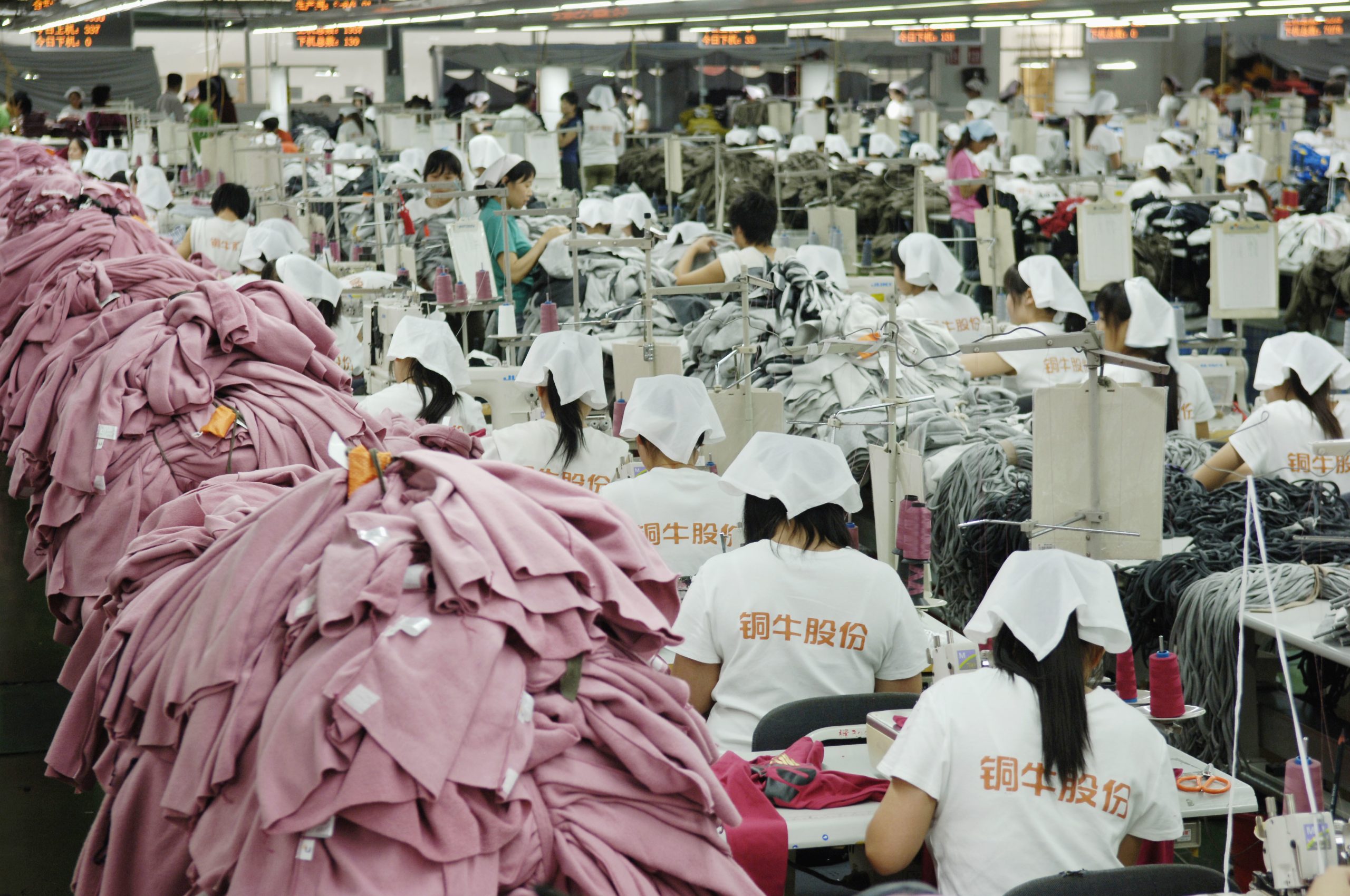Project Concept
The global dimension is at the core of Global Labour University's approach to mission and cooperation. Our organisation aims to shed light on the position of labour in a modern economy and pave the way to its empowerment.
As a network, the GLU offers global cooperation between trade unions and academic institutions, with a strong focus on South-South cooperation and creating new channels for trade unionists and researchers from these countries to engage in global debates on labour issues.
Below you can find more details about our project concept.
LABOUR IN A GLOBAL ECONOMY
Successful policies for development and poverty alleviation require country ownership and the involvement of civil society in policy development and implementation. Trade unions play an important function in organizing and empowering people. They are a crucial partner in promoting the ILO’s “Decent Work” agenda. To engage effectively in the struggle for transparent governance, the implementation of core labour standards, employment creation, social protection, and poverty alleviation, they – like all civil society organizations – have to meet the permanent task of upgrading their organizational efficiency and expertise.
Trade unions throughout the world are facing the challenges of rapid economic and social changes through a globalization process that is undermining existing regulations and arrangements without providing an adequate new regulatory framework. On the national and global levels, trade unions need to strengthen their analytical capacity, their organizational efficiency, and their political ability to represent working people effectively in social and economic policy debates in general and to promote pro-poor social and employment policies.
Despite a more complex reality, policy advice and recommendations from international institutions and also from most academic circles are often based on overconfidence in the wealth-creating capacity of freely operating market forces. In the public debate, the widening gap between the rich and poor, the dismantling of public infrastructure and the economic collapse of entire countries, have been dismissed either as inevitable transition costs or explained by the lack of market reforms. Trade unions have consistently called for policies that aim at full employment, sufficient income and social security as being essential objectives of a development strategy. The ILO is advocating that decent employment has to be at the core of any sustainable poverty reduction strategy,
Simple and dogmatic answers of market friends and foes are not helpful to solve the complicated development issues. The debates in the UN System, at the IMF and the World Bank or at the Global Social Forum and the Global Economic Forum, demonstrate the multilevel search for a more sophisticated approach towards development – based on rigorous analysis of reality instead of ideology. The ILO has initiated a World Commission on the Social Dimension of Globalization to support the constructive search for solutions to the pressing issues of poverty, unemployment and the lack of fundamental rights and substantive freedom for billions of people.
In this context, there is a growing understanding within the international debate, that in many countries trade unions are part of the solution rather than part of the problem. The issues of good governance, civil society development, and country ownership of development programs within the PRSP process or similar restructuring initiatives require workers’ organizations to play a prominent role.
Trade unions are, on an increasing number of occasions, invited to participate from the beginning in debates concerning necessary economic reforms. This is clearly a success after years of trade union protests. However, at the same time, it increases the demands on trade union capacity and competency. Trade unions clearly realize that their members and society at large do not only want criticism of the shortcomings of globalization but policy proposals that can make a difference and improve the situation.
A vision of social justice for all, a coherent concept for social and economic policy, successful collective bargaining and a modern form of organizational management are key factors to achieving this objective. Highly committed and well-qualified trade union experts and alliances with the academic world are vital to improving trade union capacity in these areas. The growing influence of globalization and transnational companies on the daily life of workers in most countries increases the demand for a global network and an understanding of the global economy for trade unions.
The ILO in general and the Bureau of Workers’ Activities (ACTRAV) in particular have the mandate and long-standing experience to assist trade unions to engage in a substantive debate on social and economic policy. Within this mandate and in close cooperation with the international trade union movement, ACTRAV is developing different instruments for a coherent support strategy. One of them is within the long-term concept of a “Global Labour University” to formulate and provide post-graduate qualification programmes, including Master’s courses in “Trade Unions, Sustainable Development, Social Justice and International Labour Standards”.It is a response to the increasing demand for highly skilled trade unionists engaging in substantive and solution-oriented discussions and negotiations with employers, governments, international institutions and civil society organisations.
Research

Want to learn more about labour in global economy?
You can head to our Research and Publications page and familiarise yourself with various projects we carry out in collaboration with our global partners.